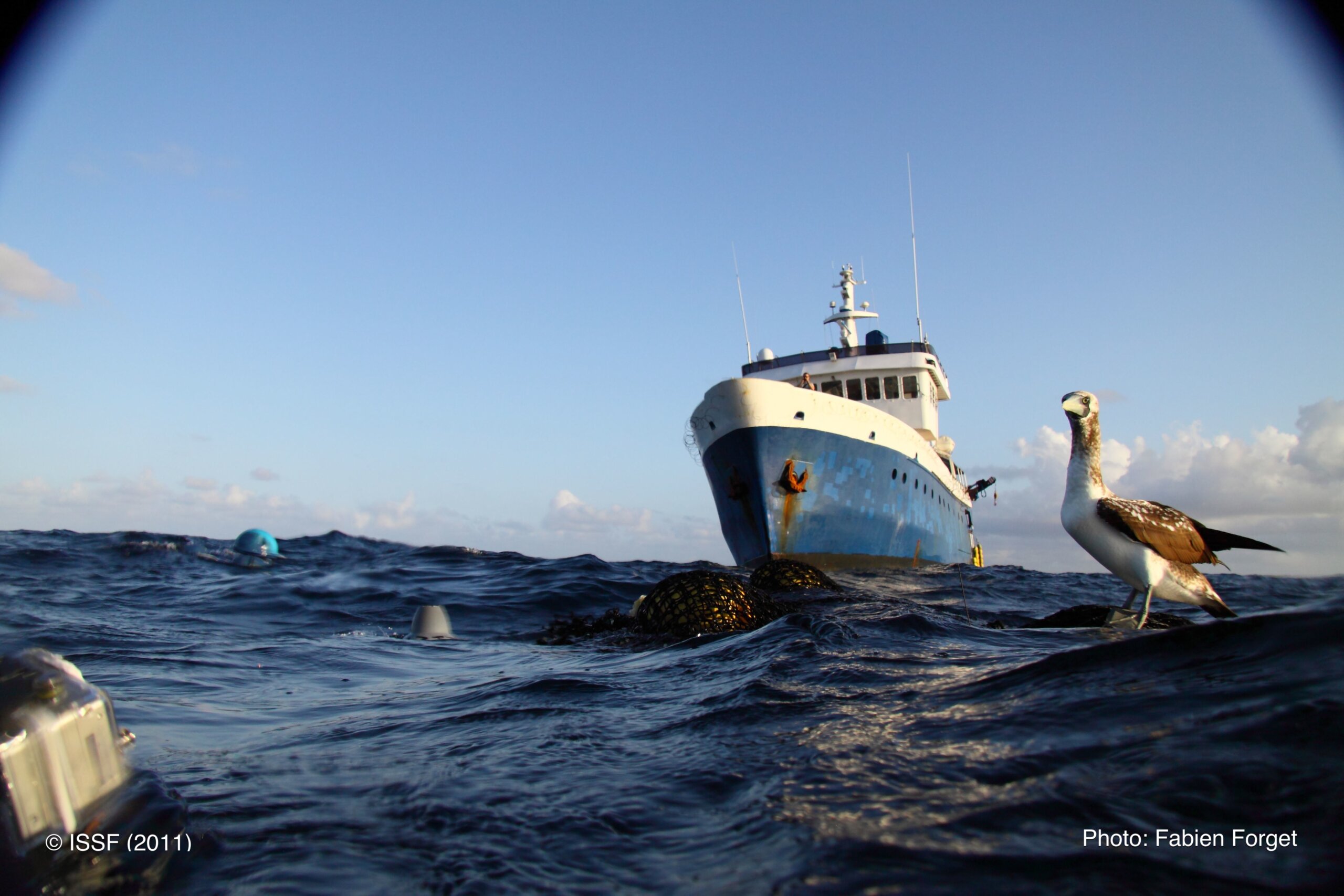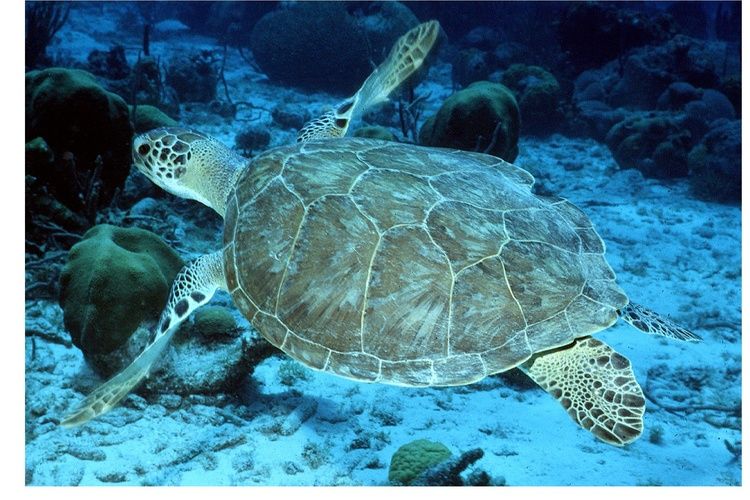
ISSF, Pew Charitable Trusts, and BirdLife International Host Joint Side Event at WCPFC Annual Meeting
The International Seafood Sustainability Foundation (ISSF), the Pew Charitable Trusts and BirdLife International co-hosted a side event on the occasion of the 15th Meeting of the Western and Central Pacific Fisheries Commission (WCPFC) in Honolulu, Hawaii. The event, held yesterday on the first day of the commission meeting, focused on priority topics facing managers of the world’s largest tuna fishing grounds: the regulation of at-sea transshipment; monitoring compliance with rules for reducing bird bycatch in longline fisheries; and the management of fish aggregating devices (FADs).
ISSF, @PewTrusts & @BirdLife_News co-hosted a #WCPFC side event on #transshipment, #seabird bycatch & #FAD research. Share on XEvent Presentations
Tuna fisheries science and policy experts from each of the three event sponsors presented data and insights, before taking questions from an audience of WCPFC meeting attendees:
Jamie Gibbon, Associate Manager of Global Tuna Conservation at the Pew Charitable Trusts, presented a set of best practices for well-managed at-sea transshipment (the movement of fish from a fishing vessel to a refrigerated carrier vessel or “reefer” while at sea) that have been agreed to by leading non-governmental organizations (NGOs) of the NGO Tuna Forum.
At-sea transshipment has continued to grow as a practice in the WCPO and other oceans, and yet monitoring and data reporting of this at-sea practice remains inadequate. A report presented to this year’s Technical and Compliance Committee (TCC) meeting indicates that a number of WCFPC member countries are failing to meet the WCPFC-mandated reporting deadlines and other rules governing at-sea transshipment.
Karen Baird, Birdlife International Marine Programme’s Pacific Coordinator, spoke on tools for monitoring compliance with WCFPC rules for reducing seabird bycatch in longline fisheries. Specifically, Ms. Baird presented the results of the first independent assessment of night setting — a practice where longline vessels make sets during the hours of darkness, between nautical dusk and dawn, so as to avoid periods when seabirds are actively foraging — using data from Global Fishing Watch.
BirdLife International and Global Fishing Watch analysed over 60,000 sets from 300 vessels. The project’s goal was to assess if vessels are using the night-setting option of RFMO seabird bycatch regulations.
Holly Koehler, Vice President, Policy and Outreach at ISSF, presented research on the latest ISSF-supported FAD research in collaboration with industry partners, including on biodegradable FADs.The WCPFC Commission and the region’s coastal States, where FAD sets account for about 30 percent of tropical tuna catches, currently have some measures in place to regulate the use of FADs, as well as requirements for at-sea transshipment, Koehler said. But the Commission has yet to adopt binding regulations for the use of non-entangling or lower entangling FAD designs.
Given the risk of ecosystem impacts from FADs — including beaching, marine debris, and mortality of sharks and turtles — it is essential to require the use of lower-entangling FAD designs and to take steps toward requiring fully non-entangling FAD designs and biodegradable FADs. Ms. Koehler shared that, based on preliminary analyses of tracking data from FAD buoys by Parties to the Nauru Agreement, in recent years an estimated 25 percent of FADs drifted out of main fishing areas and a minimum of 5 percent were beached.
Learn more about ISSF’s priorities for the 2018 WCPFC meeting by reviewing the ISSF position statement here: https://www.iss-foundation.org/what-we-do/influence/position-statements/download-info/2018-wcpfc-position-statement/


